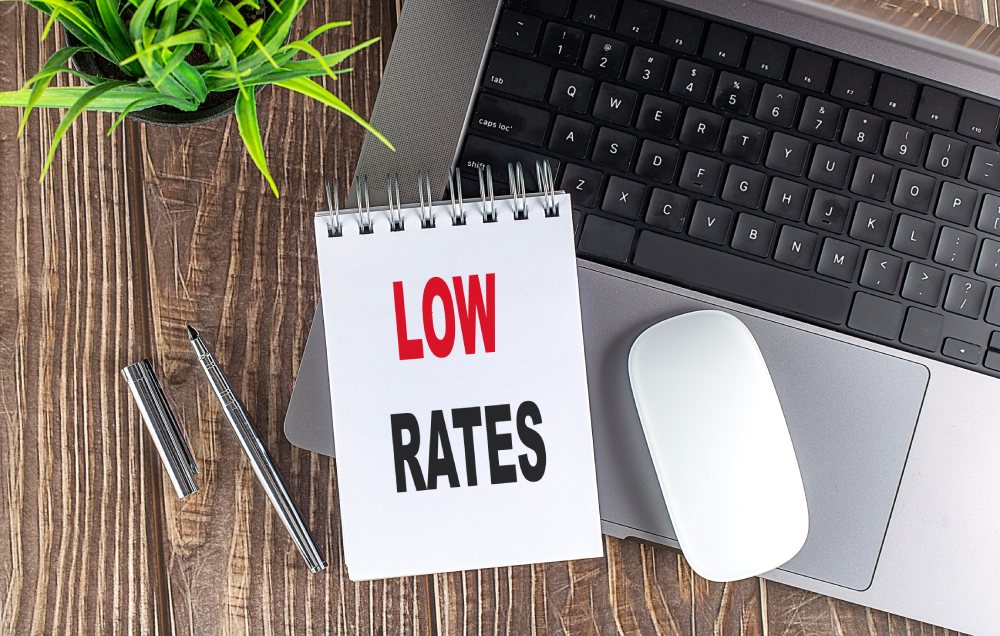Monday-Friday : 09:30 am - 08:30 pm

What is Business Insurance?
Business insurance is a critical part of running a company. Whether you’re a start-up or an established enterprise, the right insurance coverage protects your business from unexpected events such as lawsuits, property damage, or operational interruptions. On this page, we’ll cover everything you need to know about business insurance in Ontario, including the types of coverage available and why it’s essential.
Is Business Insurance Mandatory in Ontario?
While not legally required, business insurance is highly recommended for all businesses, no matter their size or industry. Not having the right coverage can leave you vulnerable to financial losses and even cost you potential clients. For example, contractors are often asked to provide proof of liability insurance before starting a job, as clients want to be sure they’re protected in case of accidents or damages. Without business insurance, your company could face significant financial hardship or even bankruptcy if the unexpected happens.


Who Needs Business Insurance?
Anyone running their own business can benefit from having insurance. This includes entrepreneurs, small businesses, and larger enterprises. If you own property, vehicles, tools, or equipment, or if your business provides professional services, insurance is essential to protect against potential liabilities. Even home-based businesses should consider business insurance to cover risks that home insurance won’t.
Business Insurance
Coverage Types
There are various types of business insurance available, and selecting the right one depends on your specific business needs.
Here’s a breakdown of common coverage types:
Commercial General Liability (CGL)
Covers bodily injury, property damage, and personal injury claims that may result from your business operations. This is essential for businesses that interact with the public.
Employer’s Liability
Protects you from claims made by employees for work-related injuries or illnesses not covered by workers’ compensation. This includes legal costs and compensation.
Product Liability
Safeguards against claims involving third-party property damage or injury resulting from your products, including inadequate safety warnings.
Cyber Liability
Protects your business from cyber-attacks, data breaches, or ransomware attacks. This coverage helps cover costs associated with compromised data or liability for damages.
Professional Liability (Errors and Omissions)
Covers you if a client claims a service you provided caused them financial loss. This includes lawsuits for failure to provide services as promised or allegations of negligence.
Commercial Property Insurance
Protects your business’s physical assets, such as buildings, equipment, and inventory, against risks like fire, theft, and natural disasters.
Directors and Officers Insurance (D&O)
Protects senior leadership against claims of legal breaches in their responsibilities. This coverage helps with defense costs and settlements.
Event Liability
Essential for event organizers, this covers liability for injuries or damages during events like weddings, conferences, or concerts.
Commercial Auto Insurance
Provides coverage for vehicles used in your business operations, including liability for property damage or injury and damage to the vehicle itself.
How Much Does
Business Insurance Cost?
Business insurance costs vary widely based on factors such as the size of your company, industry, and location. For example, a yoga studio with a few employees and lower revenue will have very different insurance needs compared to a general contractor with several employees and higher revenue. Factors that impact your premium include:

Revenue
The higher your business’s revenue, the higher the potential risk, which can lead to higher premiums.

Number of Employees
Businesses with more employees generally have higher premiums due to the increased liability risk.

Industry
High-risk industries such as construction or manufacturing typically have higher premiums.

Claims History
A history of frequent claims can result in higher premiums.
The best way to know how much you’ll pay is to get a quote. Comparing rates helps ensure you get the right coverage at the best price.
Factors That Affect
Your Business Insurance Rates
Understanding the factors that influence your business insurance premiums can help you manage costs more effectively.
Some of the key factors include:

Type of Business
Businesses in high-risk industries, such as construction or healthcare, typically pay higher premiums due to increased risks.Location
The physical location of your business matters. Areas prone to natural disasters or higher crime rates may lead to higher premiums.Claims History
A history of frequent claims can signal a higher risk, resulting in higher premiums.Coverage Limits
Higher coverage limits provide more protection but also come with higher premiums.Business Size and Revenue
Larger businesses with higher revenue typically require more coverage, which can increase premiums.Deductibles
Opting for a higher deductible can reduce your premium, but you’ll pay more out-of-pocket when filing a claim.Safety and Risk Management
Implementing safety protocols and risk management practices, such as installing fire alarms or security systems, can help reduce premiums.
Get a quote
Compare quotes and get insurance
Compare quotes from top providers and find the best insurance coverage tailored to your needs. Get peace of mind and save on your insurance today!
Business Insurance
By Categories
Different industries face unique risks, which is why tailored coverage is essential.
Here’s a breakdown of business insurance categories designed to meet the needs of specific professions:

Contractor Insurance
Protects contractors from risks like property damage, injuries, and lawsuits that may arise from construction work.

E-commerce Insurance
Covers online businesses against risks like data breaches, cyber-attacks, and product liability.

Freelancer Insurance
Tailored for professionals like writers or consultants, covering general and professional liability.

Retail and Manufacturing Insurance
Protects against product liability, inventory loss, and property damage.

Commercial Property Insurance
Covers businesses with physical locations, protecting against fire, theft, and natural disasters.

Technology Insurance
Designed for tech companies, covering cyber risks, intellectual property claims, and software errors. Whether you’re running a small business or managing a larger operation, the right coverage ensures you’re protected against the unique challenges your industry faces.
How to Get the Cheapest Business
Insurance Quotes
While getting the cheapest business insurance might seem appealing, it’s important to balance affordability with the right coverage. Here are some ways to lower your premiums:

Compare Quotes
Comparing quotes from multiple providers is the best way to find affordable rates.Increase Your Deductible
Opting for a higher deductible can reduce your premium, but keep in mind you’ll pay more if you file a claim.
Bundle Personal and Business Insurance
Many insurers offer discounts if you bundle personal and business insurance together.
Install Safety Features
Adding safety features like security systems, fire alarms, or sprinkler systems can help reduce your premium.Review Your Coverage
Regularly review your coverage and cancel any add-ons you no longer need to avoid paying for unnecessary protection.
Frequently Asked Questions
Is business insurance tax-deductible?
Yes, business insurance premiums are considered tax-deductible expenses in Canada. This includes premiums for commercial property, liability insurance, and even cyber insurance. Be sure to consult with a tax professional for more details.
Get a Free Business Insurance Quote
What does business insurance not cover?
Business insurance won’t cover everything. It generally excludes criminal acts, certain natural disasters (unless specifically included), and cost guarantees or estimates for work. Make sure to review your policy details carefully with your broker.
Get a Free Business Insurance Quote
How much business insurance do I need?
The amount of coverage you need depends on the specific risks your business faces. A licensed insurance agent or broker can help assess your needs and recommend appropriate coverage.
Copyright © 2024 Ontario Insurance Quotes. All Rights Reserved.


